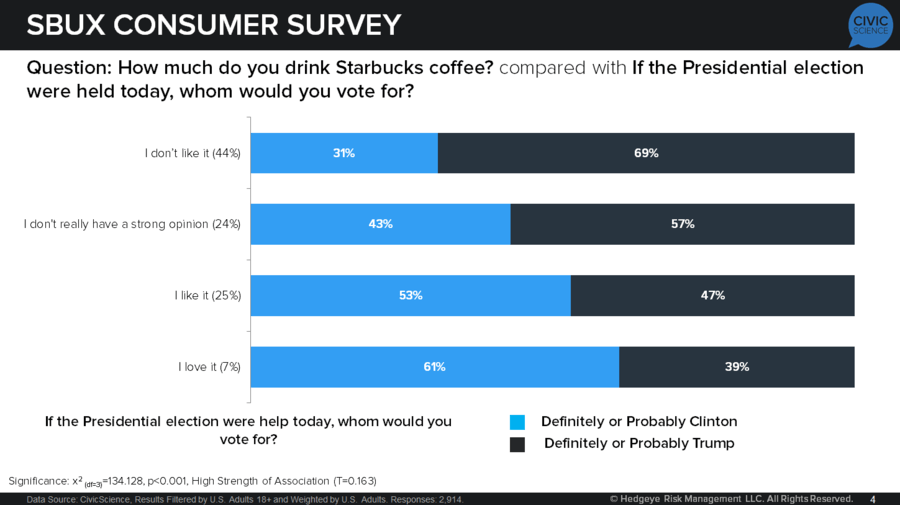I love Warren Buffett! He is not just another egocentric, egomaniac billionaire. He remains humble and even makes jokes about himself. He gives mostly excellent advice to investors. Of course, he can sometimes confuse investors, as he did this weekend.
The media coverage was that he believes passive investing is always superior to active investing. There has been an ongoing debate about this within the investment community for the last two decades. A passive investor simply buys the S&P 500 (or NASDAQ or whatever) index fund or ETF and holds it passively thereafter. An active investor prefers individual securities and timing the market.
Some years ago, he offered to bet $500 thousand with any active manager who could beat the indexes used in passive investing. Only one investor took up that offer, and that one investor is losing.
The confusion exists because there are more than two types of investors, not just polar opposites like active and passive. Buffett himself is both. He takes many large positions in individual stocks. His investment performance has lagged the stock market many times, but he has been in the market long enough to still be very successful. Also, his description of active managers applied to very active managers, like hedge funds, which have done relatively poorly the last few years.
He was not talking about mutual fund managers with constrained investment parameters, such as mid-cap growth, for example. My experience is that passive investing works best for large-cap stocks but not for small-cap stocks. There is a time and place for both schools of investing. Little in life is either-or!
Just as extremist politicians should have no place in legislation, extremist advisors should have no place in investing. Pure passive investing makes as little sense as pure active investing.
The media coverage was that he believes passive investing is always superior to active investing. There has been an ongoing debate about this within the investment community for the last two decades. A passive investor simply buys the S&P 500 (or NASDAQ or whatever) index fund or ETF and holds it passively thereafter. An active investor prefers individual securities and timing the market.
Some years ago, he offered to bet $500 thousand with any active manager who could beat the indexes used in passive investing. Only one investor took up that offer, and that one investor is losing.
The confusion exists because there are more than two types of investors, not just polar opposites like active and passive. Buffett himself is both. He takes many large positions in individual stocks. His investment performance has lagged the stock market many times, but he has been in the market long enough to still be very successful. Also, his description of active managers applied to very active managers, like hedge funds, which have done relatively poorly the last few years.
He was not talking about mutual fund managers with constrained investment parameters, such as mid-cap growth, for example. My experience is that passive investing works best for large-cap stocks but not for small-cap stocks. There is a time and place for both schools of investing. Little in life is either-or!
Just as extremist politicians should have no place in legislation, extremist advisors should have no place in investing. Pure passive investing makes as little sense as pure active investing.

